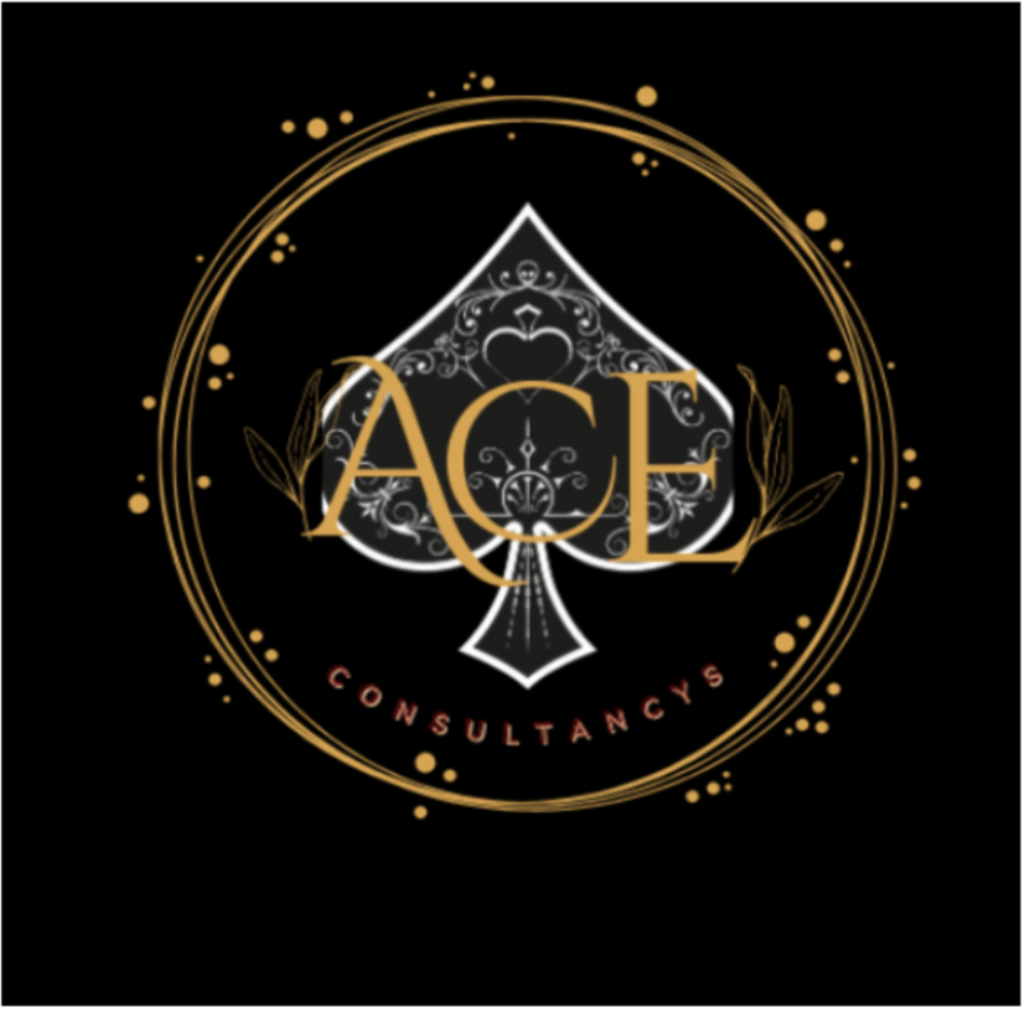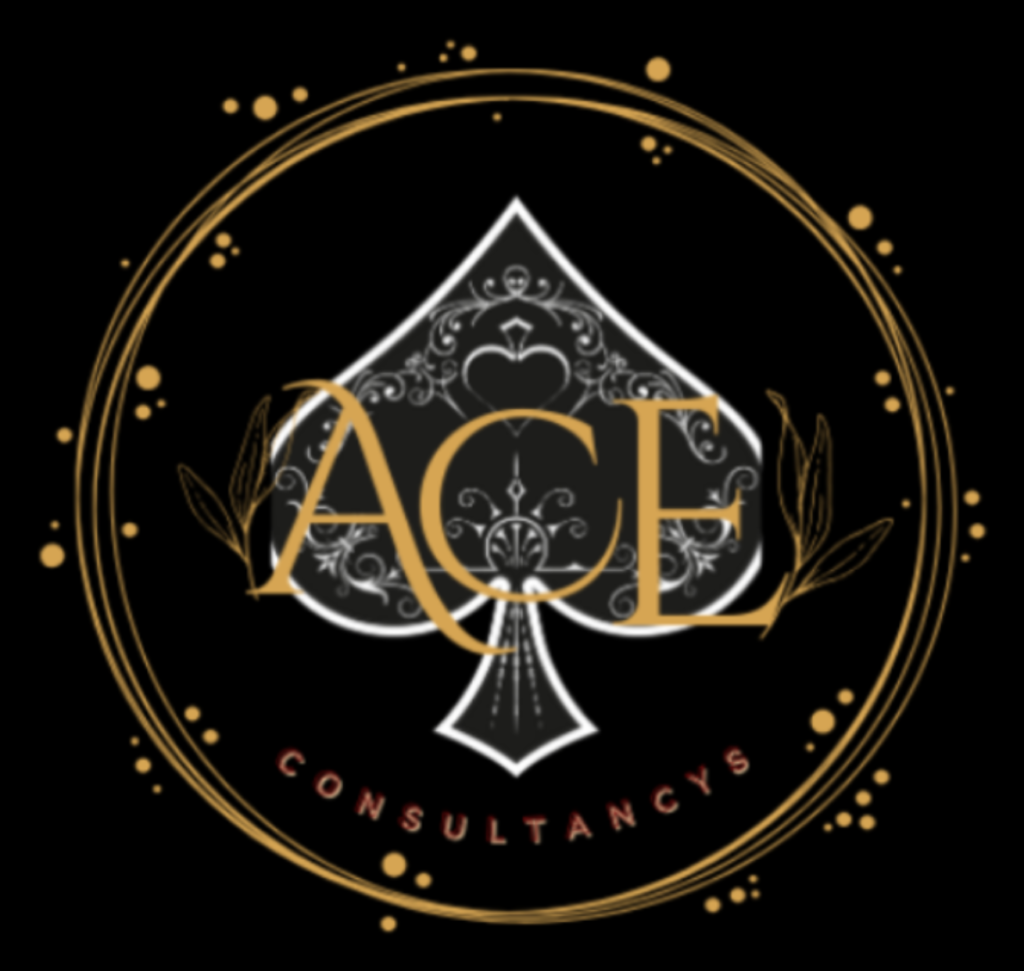Introduction
In today’s competitive business landscape, artificial intelligence has become the cornerstone of effective lead generation strategies. Companies implementing AI for lead generation are reporting up to 50% higher conversion rates and significant reductions in customer acquisition costs. This technological revolution isn’t just changing how businesses find potential customers—it’s fundamentally transforming the entire lead generation ecosystem, from initial prospect identification to final conversion. As businesses continue to navigate increasingly crowded marketplaces, AI-powered lead generation tools are becoming essential rather than optional for sustained growth.
The AI Lead Generation Revolution: By the Numbers
The statistics tell a compelling story about AI’s impact on modern lead generation efforts. According to a 2023 study by Salesforce, businesses utilizing AI for lead generation saw an average 30% increase in qualified leads within the first six months of implementation. This dramatic improvement highlights how AI algorithms can identify high-value prospects with remarkable precision. Furthermore, McKinsey research indicates that sales teams using AI for lead scoring spend 27% less time on unqualified leads, allowing them to focus their efforts where they’re most likely to yield results.
The financial implications are equally impressive. A comprehensive analysis by Gartner revealed that organizations leveraging AI for lead generation reduced their cost per lead by an average of 25%, while simultaneously increasing lead quality. Perhaps most striking is data from HubSpot showing that AI-powered content personalization in lead generation campaigns improves engagement rates by up to 42% compared to generic approaches. These numbers demonstrate that AI isn’t just incremental improvement—it represents a fundamental shift in lead generation capabilities.
How AI is Transforming Lead Generation Processes
The integration of AI into lead generation workflows has revolutionized traditional approaches in several key ways. First, predictive analytics algorithms now analyze vast datasets to identify patterns and signals indicating purchase intent that would be impossible for human analysts to detect. This allows sales teams to prioritize outreach to prospects who demonstrate the highest likelihood of conversion.
Natural language processing (NLP) capabilities have similarly transformed lead generation through intelligent chatbots and virtual assistants. These AI-powered tools can engage website visitors 24/7, qualifying leads through natural conversation and capturing valuable information without human intervention. According to research from Drift, businesses implementing AI chatbots for lead generation saw a 67% increase in qualified leads within the first year.
Machine learning algorithms are also enhancing lead generation by continuously refining targeting parameters based on performance data. Rather than relying on static demographic profiles, these systems adapt in real-time, learning which characteristics and behaviors truly correlate with conversion. This adaptive approach ensures that lead generation efforts become increasingly precise over time.
Personalization at Scale: AI’s Greatest Lead Generation Advantage
Perhaps the most significant way AI is transforming lead generation is through unprecedented personalization capabilities. Traditional approaches forced businesses to choose between personalized messaging (which doesn’t scale) or broad campaigns (which lack relevance). AI eliminates this trade-off by enabling highly personalized communication at massive scale.
Dynamic content generation tools can now create thousands of variations of marketing messages tailored to specific prospect attributes, behaviors, and preferences. These systems analyze historical engagement data to determine which messaging approaches resonate with different audience segments. A 2024 report from Epsilon found that AI-driven personalization in lead generation campaigns increased response rates by 63% compared to generic approaches.
This personalization extends to timing as well. AI algorithms can determine optimal contact times for individual prospects based on their past engagement patterns, dramatically improving response rates. The result is lead generation that feels remarkably human despite being powered by sophisticated AI systems.
Overcoming Implementation Challenges
Despite its transformative potential, implementing AI for lead generation does present certain challenges. Data quality issues remain the primary obstacle, with many organizations struggling to integrate disparate data sources into a unified view that AI systems can effectively analyze. Additionally, skill gaps within marketing and sales teams can hinder full utilization of AI capabilities.
Organizations successfully leveraging AI for lead generation typically adopt a phased implementation approach, starting with specific use cases like lead scoring before expanding to more complex applications. They also invest in cross-functional training to ensure marketing, sales, and data science teams can collaborate effectively around AI initiatives.
The Future of AI in Lead Generation
Looking ahead, AI will continue transforming lead generation in increasingly sophisticated ways. Emerging technologies like computer vision may soon analyze visual content engagement to further refine lead qualification processes. Voice analytics will likely play a growing role in evaluating prospect interest levels during sales conversations.
Perhaps most significantly, predictive intent modeling will evolve to anticipate prospect needs before they’re explicitly expressed. As these technologies mature, businesses implementing AI for lead generation will gain even greater competitive advantages in identifying and converting high-value prospects.
Conclusion
The transformation of modern lead generation through AI represents one of the most significant shifts in sales and marketing strategy of the past decade. Organizations leveraging these technologies effectively are realizing dramatic improvements in efficiency, conversion rates, and customer acquisition costs. As AI capabilities continue to evolve, the gap between businesses embracing these tools and those relying on traditional approaches will likely widen further.
For organizations still early in their AI lead generation journey, the time to begin implementation is now. Starting with focused use cases like lead scoring or engagement analysis can provide immediate benefits while building organizational capability for more advanced applications. By embracing how AI is transforming lead generation processes, forward-thinking businesses can ensure they remain competitive in an increasingly AI-driven marketplace.
What has your experience been with AI-powered lead generation tools? We’d love to hear how these technologies have impacted your business results. Please share your thoughts in the comments section and consider sharing this article with colleagues interested in transforming their lead generation strategies.
FAQ
Q: How much does implementing AI for lead generation typically cost?
A: Implementation costs vary widely based on solution complexity, from $5,000-10,000 for basic AI lead scoring tools to $50,000+ for enterprise-level systems with advanced personalization capabilities. Many vendors now offer scalable subscription models starting around $500-1,000 monthly.
Q: How long before we see results from AI lead generation tools?
A: Most organizations observe initial improvements within 2-3 months. However, machine learning systems require data to optimize, so full benefits typically emerge after 6-8 months of continuous use and refinement.
Q: Do AI lead generation tools require technical expertise?
A: Modern solutions are increasingly user-friendly with intuitive interfaces designed for marketing professionals. While data science knowledge is beneficial, many platforms now offer no-code options requiring minimal technical expertise.
Q: Can AI lead generation work for small businesses?
A: Absolutely. Several affordable solutions now cater specifically to SMBs, offering core AI capabilities without enterprise-level complexity or cost.
Read More : https://aceconsultancys.com/budget-friendly-lead-generation-strategies/








